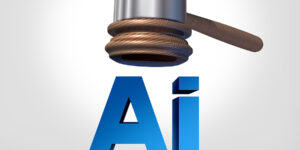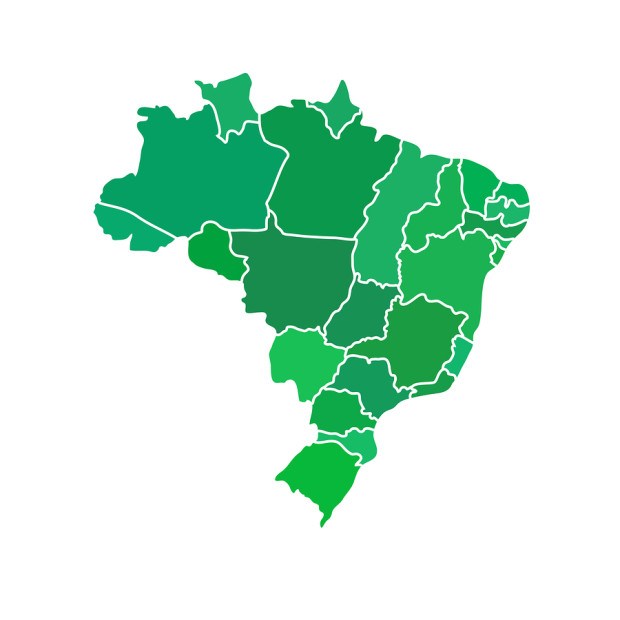Evan Greenberg, the chief executive officer of Chubb Ltd., said Brazilians can blame their country’s leaders, and not just a commodities slump, for the nation’s woes.
“The economic environment, the political environment, is very tough,” Greenberg said Wednesday in a conference call. “And the leadership of the country is inadequate. The policies of the government in Brazil are inadequate.”
Brazil is battling the double threat of rising inflation and an economic contraction that’s projected to be the worst in more than a century. Finance Minister Nelson Barbosa may announce as much as 50 billion reais ($12.3 billion) in loans Thursday as the government seeks to revive growth and undo some of the austerity measures meant to tame a budget gap, a person familiar with the matter said.
Greenberg built Ace Ltd. through acquisitions, including a 2014 deal to buy an insurance unit from Itau Unibanco Holding SA. This month he completed the acquisition of Chubb Corp., taking on his former rival’s brand in a transaction that created the world’s largest publicly traded property-casualty insurer.
‘Lousy’ Policies
The CEO faulted Brazil’s government after the Itau deal, saying that officials need to embrace deregulation and move beyond “lousy” policies. Greenberg also said at the time that he hoped Brazilians would “do the right thing” when it came time to vote.
President Dilma Rousseff won re-election in October 2014 and is now facing the threat of impeachment as the economy tanks and a corruption scandal widens. About 100,000 people marched in 100 cities throughout the country in December, denouncing corruption and calling for Rousseff’s ouster. The president has said she’s done nothing wrong.
Greenberg said that while some of the nation’s difficulties are tied to natural-resource prices and a slump in China, “on a relative basis, Brazil is much worse off because many of those problems that are created right now are at their own hand.”
The CEO said that Zurich-based Chubb continues to make money in Brazil, though results are hurt by foreign-exchange rates. He also said that well-educated people in the country know what needs to be done, and that citizens could fix Brazil’s problems.
“I’m afraid, given the political gridlock in that country, that will not happen in a short period of time,” he said.





















 The Insurance Data Paradox: Structure Creates Flexibility
The Insurance Data Paradox: Structure Creates Flexibility  The Supreme Court Just Complicated Employer Diversity Initiatives
The Supreme Court Just Complicated Employer Diversity Initiatives  E&S Property In Focus: Competition Up, Price Momentum Waning
E&S Property In Focus: Competition Up, Price Momentum Waning  Study: U.S. Companies Facing Class Actions at Highest Level in 13 Years
Study: U.S. Companies Facing Class Actions at Highest Level in 13 Years 







